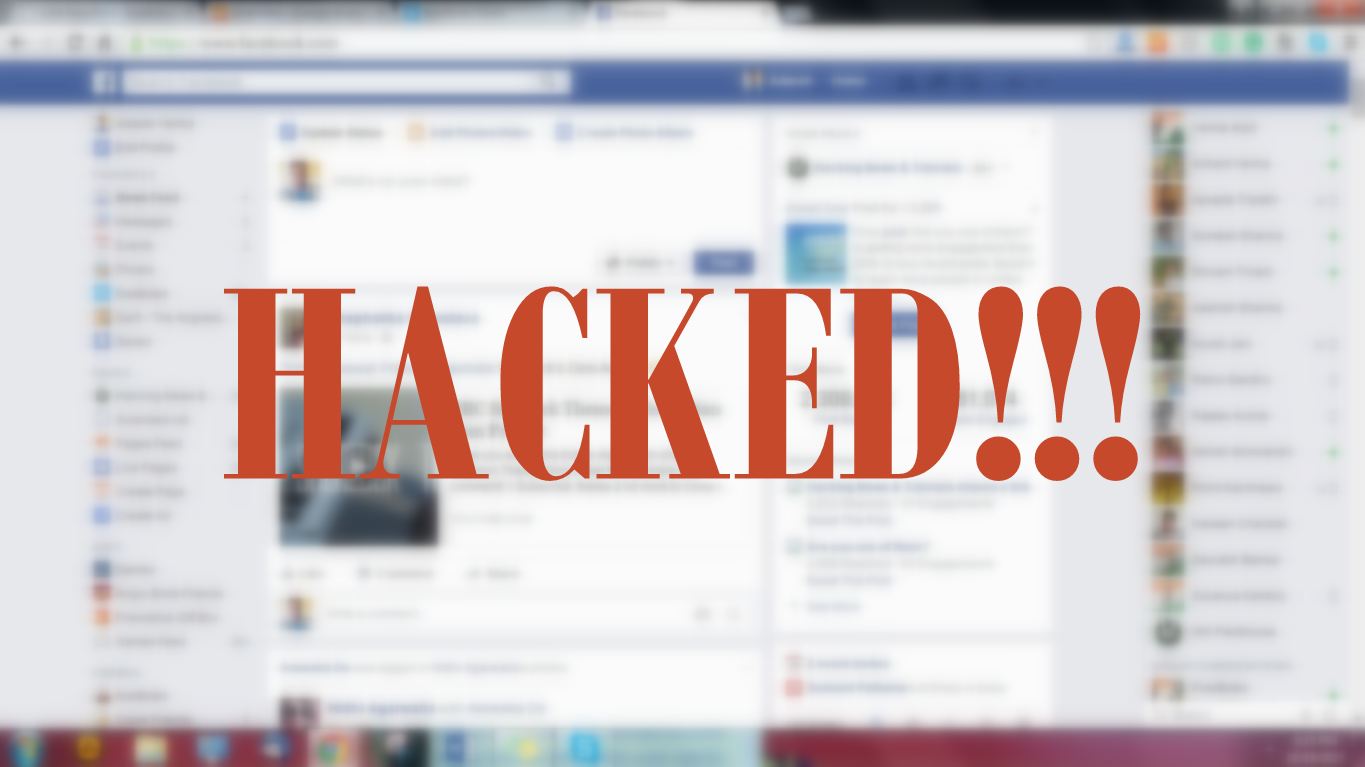What Next when Hacked
27th Apr 2018 | category: Security/Firewalls | Hits: 4897
It is inevitable that one of your social media accounts could be hacked. What do you do then?
Here are some few steps to establish as soon as you know that you are hacked.
Reset your passwords
If you can still login into your account, immediately change your password. It should be strong and strange to make it less obvious. It should not be similar to the past, be a birthday of you or anyone you know or easily guessed like 1234 password. If you are using the same password for other accounts (not recommended) you need to change your other account passwords too. Once hacked that information is stored and often shared and can be used to compromise other accounts. Do also change your security questions.
If resetting your password does not work, or the email associated with the account no longer works look for an account recovery option. If all options fail to reset the account, you must contact the company to have them intervene.
Tip: If you have a difficult time remembering all your passwords, use a password manager to store them safely.
Tip: If two factor authentications is available for the service you're changing the password with, enable it.
Check your machine
Scan your computer for any spy/malware that may be stealing your account details or logging your keystrokes.
Tip: If malware is found on your computer you may want to reset your account passwords again, as infections may have logged your new password.
Verify account details
After changing your password, verify if your accounts have any shipping information make sure the shipping information is still your address.
If the account authorizes any third-party apps (e.g., Facebook and Twitter) make sure no apps have rights to your accounts that you haven't given permission. Best advice is to delete any app you are unfamiliar with or do not remember installing.
Speak to your peeps
Let your contacts know about the hack. Hackers often gain access to other accounts by using affiliated accounts since people are not as suspicious of e-mails coming from someone they know. They should double down on their computer protection. If they have already been victimized, offer your condolences and support, and make sure they are following these steps, too. (maybe forward them THIS article!)
Verify past posts
Social network accounts are hacked to help spread spam, malware, and advertisements on your behalf. Make sure there are no posts or messages that have been made on your behalf.
New accounts setup
If a hacker gains access to your e-mail, they often use your e-mail address as a way to setup new accounts. Check your inbox, sent items, and trash for any new account notifications using your e-mail address. If new accounts have been created, you can try logging into those accounts by using the reset password feature and then delete the account.
Know what your damage control options are before you need to control the damage. With that, you now know how imperative it is to be discrete and sophisticated to minimize risk of exposure.
Also read: Is Your Email Password Strong Enough From Hackers?